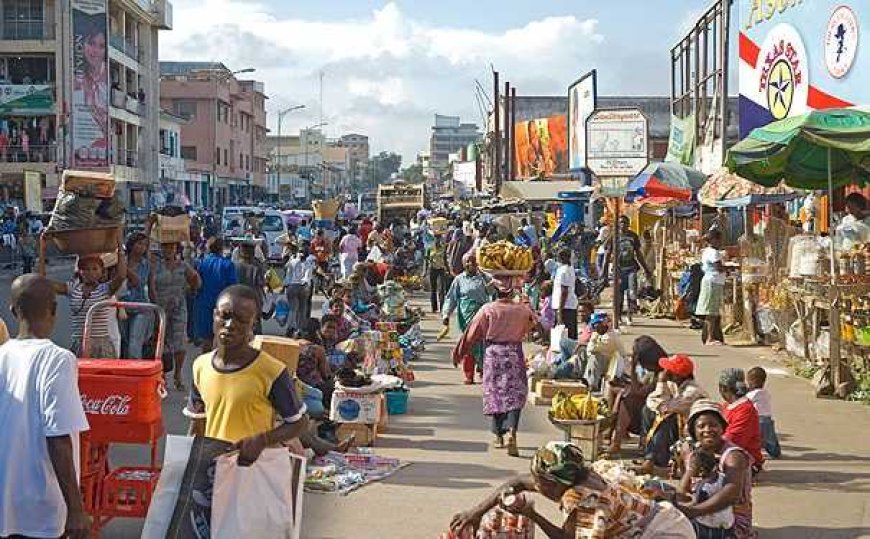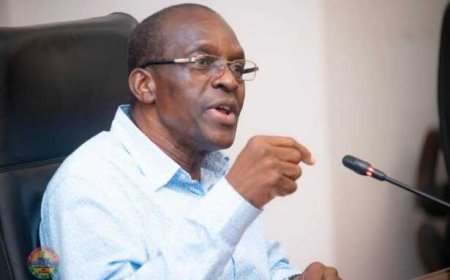Ghana’s Economy Requires Structural Adjustments Despite Signs of Recovery – Deloitte
A recent report by Deloitte has highlighted that Ghana’s economy is showing positive signs of recovery but still requires major structural adjustments to ensure long-term stability and resilience.

A new economic report by Deloitte has noted that while Ghana’s economy is making progress toward recovery, significant structural reforms are still needed to maintain long-term growth and financial stability.
According to Deloitte, Ghana has recorded improved fiscal indicators, such as lower inflation rates, stable currency performance, and increased investor confidence. However, underlying economic weaknesses remain, including:
???? High Debt Levels – Ghana’s public debt continues to strain government finances.
???? Revenue Mobilization Issues – The country needs stronger tax collection systems and diversified revenue sources.
???? Limited Industrial Growth – Overreliance on imports and limited manufacturing capacity affect economic expansion.
???? Inflation Management – While inflation has dropped, further efforts are needed to keep it stable.
Key Recommendations from Deloitte
To sustain the current recovery trend, Deloitte suggests that Ghana should focus on:
✅ Strengthening Fiscal Discipline – Enhancing budget controls to reduce unnecessary spending.
✅ Boosting Domestic Revenue Generation – Expanding tax collection and promoting entrepreneurship.
✅ Investing in Local Industries – Encouraging manufacturing and reducing dependence on imports.
✅ Enhancing Debt Management Strategies – Seeking sustainable ways to handle public debt.
Conclusion:
While Ghana’s economy is showing positive signs of stability, deep structural reforms are necessary to prevent future financial crises. Experts stress that without strong policy changes, current economic improvements may not be sustainable.
What's Your Reaction?




















































































